Brief about currency trading
Currency trading, also called foreign exchange, is the process of exchanging from one currency to another for various reasons, usually for trade, tourism or commerce. Due to the global reach of trading, the foreign exchange markets tend to be the largest and most liquid asset market in the world with an average of £5.1 trillion in daily trading.
IMPORTANT
Making money from forex trading on your own can be difficult and should be left to experienced forex traders.
The market is open 24 hours a day, five and a half days a week and currencies are traded worldwide across all time zones. This means that the currency market can be extremely active at any time of the day or night, with pricing constantly changing.
Factors such as interest rates, trade flows, tourism, economic strength and geopolitical risk affect the supply and demand of currencies, creating daily volatility in the currency markets. There is an opportunity to profit from changes that can increase or decrease the value of one currency against another.
Although much currency trading is done for practical reasons, the largest volume of currency trading is done by currency traders with the aim of making a profit. The market consists mainly of institutions, companies, governments and currency speculators. Approximately 90% of the trading volume consists of speculation and much of this is focused on the US dollar, euro and yen.
Using the internet, a retail market focusing on individual traders has developed. This provides easy access to the foreign exchange markets, either through the banks themselves or through brokers in a secondary market.
FAQs
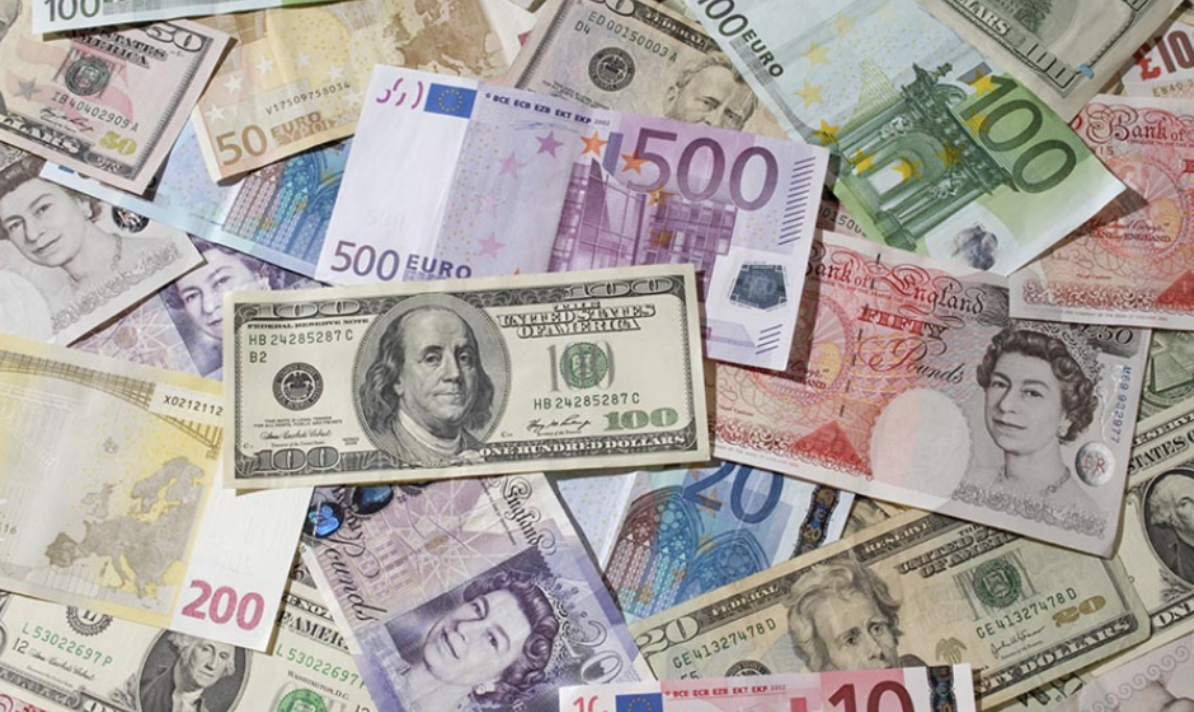
What is foreign exchange market?
Forex is a portfolio of foreign currency trading. Trading foreign currencies is the process of changing from one currency to another for various reasons, usually for trade, business or tourism. According to a new three-year report from the Bank for International Settlements (a global bank for national central banks), the average forex trading was more than .1 trillion in daily volume.
A foreign exchange market is a currency market where currencies are traded. Currencies are important to most people around the world, whether they realize it or not, because currencies must be exchanged to conduct foreign trade and business. If you live in the US and want to buy cheese from France, you or the company you buy the cheese from must pay the French for the cheese in euros (EUR). This means that the American importer must exchange the equivalent value from dollars (USD) to euros. The same applies to travel. A French tourist in Egypt cannot pay in euros to see the pyramids because it is not the locally accepted currency. As such, the tourist must exchange Euros for the local currency, in this case the Egyptian pound, at the current exchange rate.
A unique aspect of this international market is that there is no central marketplace for foreign exchange. Rather, currency trading is conducted electronically over the counter (OTC), which means that all transactions take place via computer networks between traders around the world rather than in a centralized manner. The market is open 24 hours a day, five and a half days a week and currencies are traded worldwide in the major financial centers of London, New York, Tokyo, Zurich, Frankfurt, Hong Kong, Singapore, Paris and Sydney - across almost every time zone. This means that when the trading day in the US ends, the forex market starts anew in Tokyo and Hong Kong. In this way, the forex market can be extremely active at any time of the day, with pricing constantly changing.
A brief history of Forex
Unlike stock markets, which can trace their roots back centuries, the forex market as we understand it today is a truly new market. Of course, in its most basic sense - people exchanging one currency for another for financial benefit - forex has been around since countries started minting currencies. But the modern currency markets are a modern invention. After the Bretton Woods agreement in 1971, more major currencies were allowed to float freely against each other. The values of individual currencies vary, which has given rise to the need for foreign exchange services and trading.
Commercial banks and investment banks conduct most of the trading in the foreign exchange markets for their clients, but there are also speculative opportunities to trade one currency against another for professional and individual investors.
The spot market (liquids) and the Forwards & Futures market (futures)
There are actually three ways that institutions, companies and individuals trade forex: the spot market, the forward market and the futures market.
Currency trading on the spot market has always been the largest market because it is the "underlying" real asset on which the forwards and futures market is based. In the past, the forward market was the most popular place for trading because it was available to individual investors for a longer period of time. However, with the advent of electronic trading and numerous forex brokers, spot trading has seen a huge increase in activity and now surpasses the futures market as the preferred trading market for individual investors and speculators. When people refer to the foreign exchange market, they are usually referring to the spot market. The forwards and futures markets tend to be more popular with companies that need to hedge their currency risks up to a certain date in the future.
More specifically; the spot market is where currencies are bought and sold according to the current price. The price determined by supply and demand is a reflection of many things such as current interest rates, economic performance, sense of ongoing political situations (both local and international) and the perception of one currency's future performance against another. When a deal is completed it is called a "spot deal". It is a bilateral transaction by which one party delivers an agreed amount of currency to the counterparty and receives a specified amount of another currency at the agreed exchange rate value. After a position is closed, execution is done in cash. Although the spot market is often known for dealing in transactions in the present (rather than the future), these trades actually take two days to complete.
Unlike the spot market, the forwards and futures market does not trade in actual currencies. Instead, they trade in contracts that represent claims on a specific currency type, a specific price per unit, and a future date for settlement.
In the forward market, contracts are bought and sold OTC between two parties, who determine the terms of the agreement between them.
In the futures market, futures contracts based on standard size and execution date are bought and sold on public commodity markets, such as the Chicago Mercantile Exchange. In the US, the National Futures Association regulates the futures market. Futures contracts have specific details such as the number of units traded, delivery and execution dates, and minimum price increments that cannot be adjusted. The exchange acts as a counterparty to the trader and carries out approval and execution.
Both types of contracts are binding and are usually traded for cash on the current expiration date, although contracts can also be bought and sold before they expire. The forwards and futures markets can offer protection against risk in currency trading. Usually, large international companies use these markets to hedge against future exchange rate changes, but speculators also participate in these markets.
Note that you often see the terms: FX, forex, foreign-exchange market and currency market. They are all synonymous and refer to the foreign exchange market.
Forex as a hedge
Companies operating in foreign countries take on risk due to fluctuations in world currencies when they buy or sell goods and services outside their domestic market. Foreign exchange markets provide a way to hedge currency risks by fixing a rate at which the transaction will be completed.
To achieve this, a trader can buy or sell currencies in forward or swap markets in advance, locking in the exchange rate. Imagine e.g. that a company plans to sell American-made blenders in Europe when the exchange rate between the euro and the dollar (EUR/USD) is 1 to 1 dollar at the time of the agreement.
A blender costs 0 to manufacture and the American company plans to sell it for €150 - which is competitive with other blenders made in Europe. If this plan succeeds, the company will make in profit because the EUR/USD exchange rate is flat. Unfortunately, the dollar starts to rise in value against the euro until the EUR/USD exchange rate is 0.80, meaning that it now costs .80 to buy 1 euro.
The problem the company faces is that although it still costs 0 to manufacture a blender, the company can only sell the product at a competitive price for 150 euros, which when translated into dollars is only 120 (EUR 150 x 0.80 = USD 120). A stronger dollar resulted in a much smaller profit than expected.
Blender could have mitigated this risk by going short the euro and buying dollars when they closed the deal. That way, the profit from currency trading would offset the reduced profit from the sale of blenders. If the dollar fell in value, the more favorable exchange rate would increase the profit from the sale of blenders, offsetting the losses in the foreign exchange trade.
Hedges of this type can be made in the futures market. The advantage for the trader is that the futures contract is standardized and approved by a central authority. However, currency futures may be less liquid than the forward market, which is decentralized and exists within the interbank system worldwide.
Forex for speculation
Factors such as interest rates, trade flows, tourism, economic strength and geopolitical risk affect the supply and demand of currencies, creating daily volatility in the currency markets. There is an opportunity to profit from changes that can increase or decrease the value of one currency compared to another. A forecast that one currency will weaken is essentially the same as assuming that the other currency in the pair will strengthen because currencies are traded as pairs.
Imagine an investor who expects interest rates to rise in the US compared to Australia while the exchange rate between the two currencies (AUD/USD) is 0.71 (it costs USD 0.71 to buy AUD 1). The investor believes that higher interest rates in the US will increase demand for USD and therefore the AUD/USD exchange rate will fall as it will require fewer, stronger USD to buy one AUD.
Assume the investor is correct and interest rates rise, driving the AUD/USD exchange rate down to 0.50. This means that it takes USD 0.50 to buy AUD 1. If the investor had gone short AUD and long USD, he or she would have profited from the change in value.
Currency as an asset class
There are two distinct functions of currencies as an asset class:
You can profit from the interest rate difference between two currencies.
You can profit from changes in the exchange rate.
An investor can profit from the difference between two interest rates in two different economies by buying the currency with the higher interest rate and going short the currency with the lower interest rate. Before the 2008 financial crisis, it was very common to go short the Japanese yen (JPY) and buy the British pound (GBP) because the interest rate differential was very large. This strategy is sometimes called a "carry trade".
Why we can trade currencies
Currency trading was very difficult for individual investors before the internet. Most forex traders were large multinational corporations, hedge funds or wealthy individuals because forex trading required a lot of capital. With the help of the internet, a market for individuals targeting individual traders has developed, providing easy access to the currency markets, either through the banks themselves or through brokers who make a secondary market. Most brokers or dealers online offer very high leverage to individual traders who can handle a high trade with a small capital.
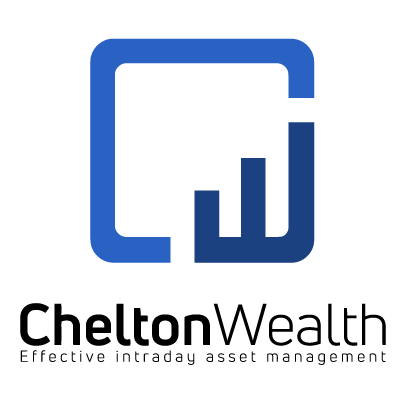
Chelton Wealth
Chelton Wealth sends buy and sell orders to "Axi", which in its trading on the foreign exchange market works with several liquidity providers such as e.g. Goldman Sachs, UBS, Barclays Bank, BNP Paribas, JP Morgan, Deutsche Bank, Nomura, Commerzbank, Bank of America and Citibank.
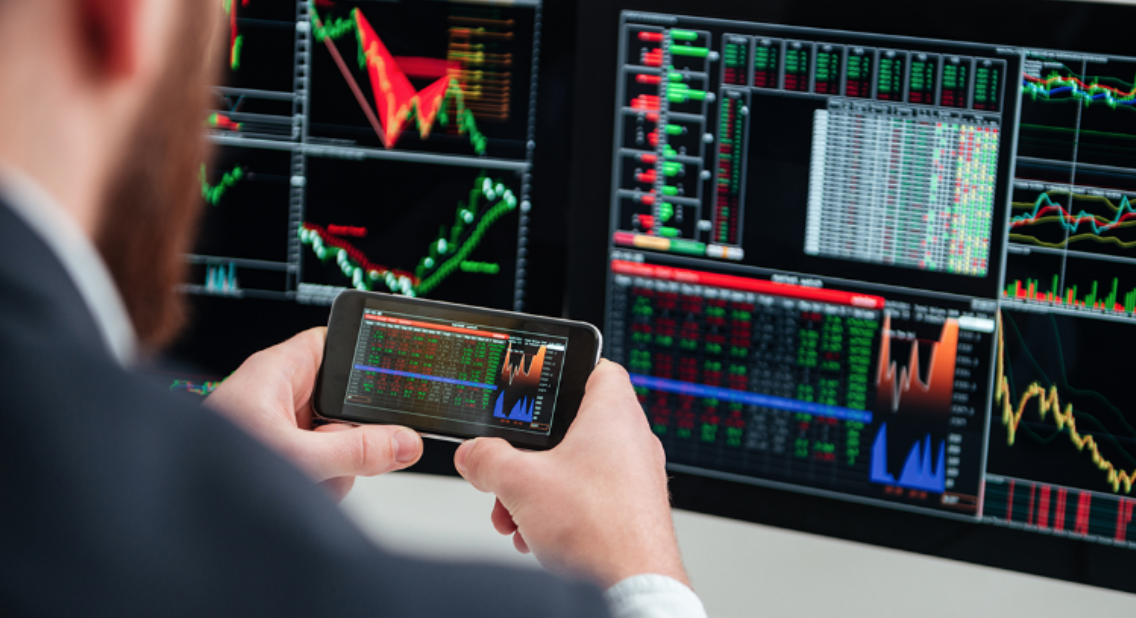
What is a Money Manager?
A money manager is a person or financial company that manages securities portfolios for an individual or institutional investor. A money manager usually works with people in different areas of expertise with everything from research, choosing investment options to monitoring the assets and deciding when to sell them.
In return for compensation, a money manager has a prudential duty to carefully select and manage investments for its clients, including developing an appropriate investment strategy and buying and selling securities to meet those objectives. A money manager is also called a "portfolio manager", "capital manager" or "investment manager".
Reasons to use a money manager
Money managers provide their clients with personal service, an individual portfolio and ongoing management. A professionally trained money manager has the expertise to select the most suitable investments for his or her portfolio. Money managers usually have a Charted Financial Analyst (CFA) to help them assess the companies by analyzing their reports.
Money managers have access to a wealth of information and tools, such as interviews with business leaders, research reports, analytical data, and advanced financial modeling software. By having these resources, money managers can make investment decisions that have a higher probability of success. For example, a money manager may discover that a company has a unique competitive advantage after interviewing its CEO.
How is a Money Manager paid?
Typically, a money manager charges management fees that range from 1%-2% per year depending on the size of the portfolio. For example. can an asset management company charge a management fee of 2% on a portfolio of SEK 10 million. There is an administration fee of SEK 200,000. Asset managers and hedge funds may also charge a performance fee, which is compensation for generating positive returns. Performance fees are usually between 10%-20% of the fund's profit. If e.g. a fund charges a 20% performance fee and makes SEK 2,500,000 in profit, then the customer pays another SEK 500,000 in fees.

Chelton Wealth
Chelton Wealth has the role of money manager. For private individuals, we offer portfolio management in currency trading through "three different strategies".
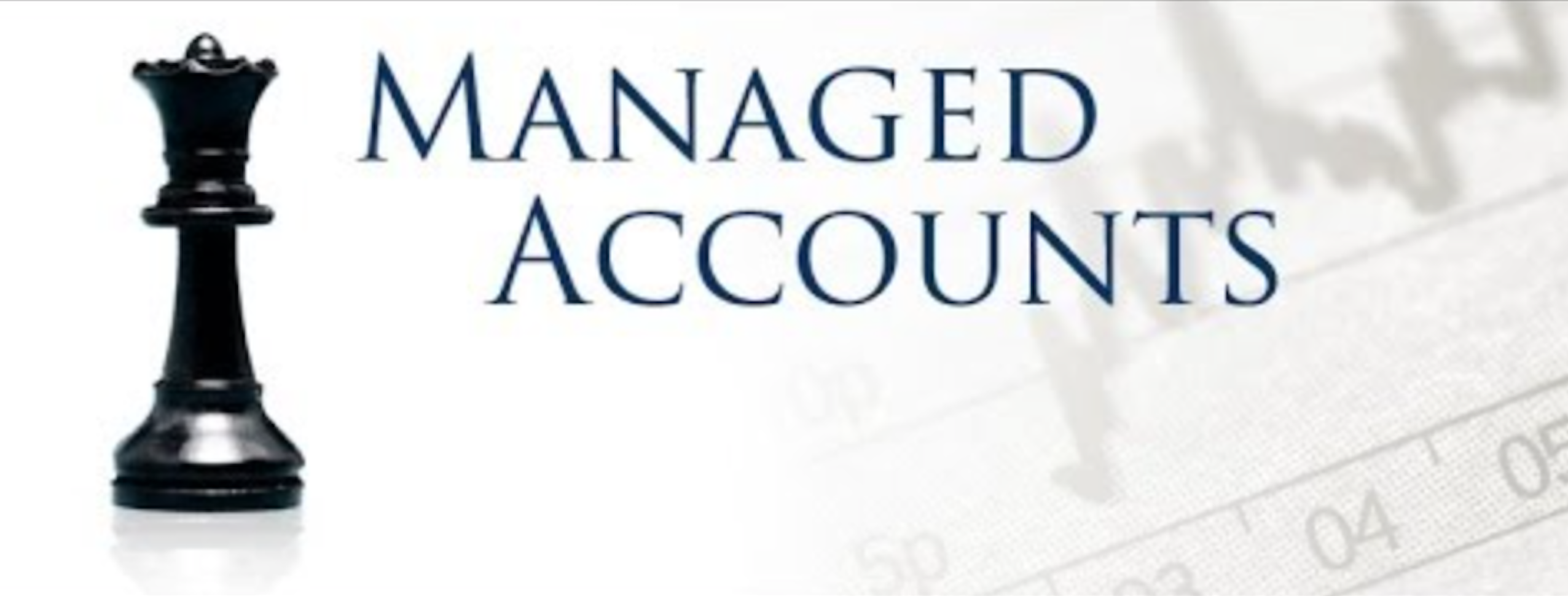
What is a Managed Account?
A Managed Account is an investment account owned by an individual investor, either an institutional investor or an individual. A professional money manager (capital manager), employed by the investor, supervises the account. Armed with a regulatory authority overseeing the account, this dedicated manager makes relevant individual investment decisions based on the client's needs around goals, risk tolerance and capital size.
How a Managed Account works
A managed account can contain financial products or title deeds to real estate. The asset manager is authorized to buy and sell assets without the client's approval as long as it is in the client's interest. Because a managed account involves a duty of care, the manager must act in the client's best interest or potentially face criminal penalties.
The manager will provide the customer with regular reports on the account's performance and holdings. The asset manager often has a minimum amount for the accounts they will manage. This means that a customer must have a certain amount in order to invest. Many minimum requirements start at SEK 2,500,000, while some accept SEK 1,000,000 and even SEK 500,000.
Managed Accounts VS Funds
Managed Accounts and funds both represent actively managed portfolios or pools of money that invest in different assets - or asset classes. Technically, a mutual fund is a type of managed account. The fund company will employ an asset manager who will take care of the investments in the fund's portfolio. This manager can change the fund's holdings according to the fund's objectives. When mutual funds began to be marketed seriously in the 1950s, they were presented as a way for the "little guy" - ie. small private investors - to experience and benefit from professional asset management. Previously, this was a service reserved for wealthy people.
Management consideration
Both managing accounts and funds have professional managers. Managing accounts are personal investment portfolios adapted to the account holder's specific risks, goals and needs. The management of the funds takes place on behalf of many holders of funds and is done to fulfill the fund's investment and return goals.
With a managed account, the investor adds capital and the manager buys and places physical shares of securities in the account's portfolio. The account holder owns the securities and can decide how they should be managed. Funds, on the other hand, are classified according to investors' risk tolerance and investment objectives, not by individual preferences. Additionally, investors who purchase fund units own a percentage of the value of the fund, not the fund itself or the actual assets of the fund.

Chelton Wealth
Chelton Wealth uses managed accounts for its portfolio management through "Axi".
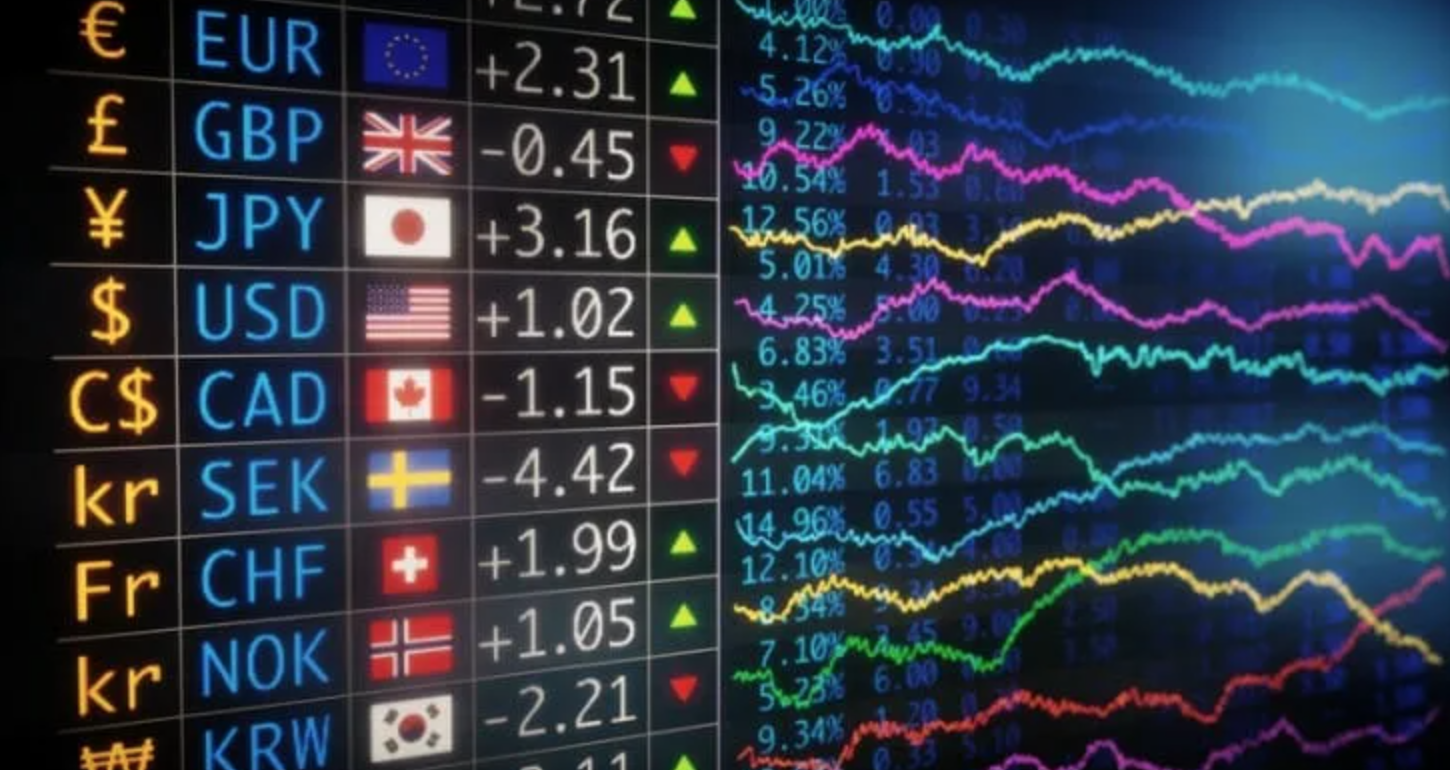
What is currency trading?
Currency trading, also called Foreign Exchange, is the process of changing from one currency to another for various reasons, usually for trade, tourism or trading. Due to the global scope of trading, the currency markets tend to be the largest and most liquid asset markets in the world with an average of SEK 5.1 trillion in daily trade.
The market is open 24 hours a day, five and a half days a week and currencies are traded worldwide across almost every time zone. In this way, the forex market can be extremely active at any time of the day with pricing constantly changing.
Factors such as interest rates, trade flows, tourism, economic strength and geopolitical risk affect the supply and demand of currencies, creating daily volatility in the currency markets. There is an opportunity to profit from changes that can increase or decrease the value of one currency compared to another.
Although much of forex trading is done for practical reasons, the largest volume of forex trading is done by forex traders with the goal of making a profit. The market consists mainly of institutions, companies, governments and currency speculators. Approximately 90% of the trading volume consists of speculation and a large part of this is focused on the US dollar, the euro and the yen.
With the help of the internet, a market for individuals targeting individual traders has developed, providing easy access to the currency markets, either through the banks themselves or through brokers who make a secondary market. Making money trading forex on your own can be difficult and should be left to experienced forex traders.

Chelton Wealth
Chelton Wealth offers professional portfolio management in forex trading through "three different strategies".

